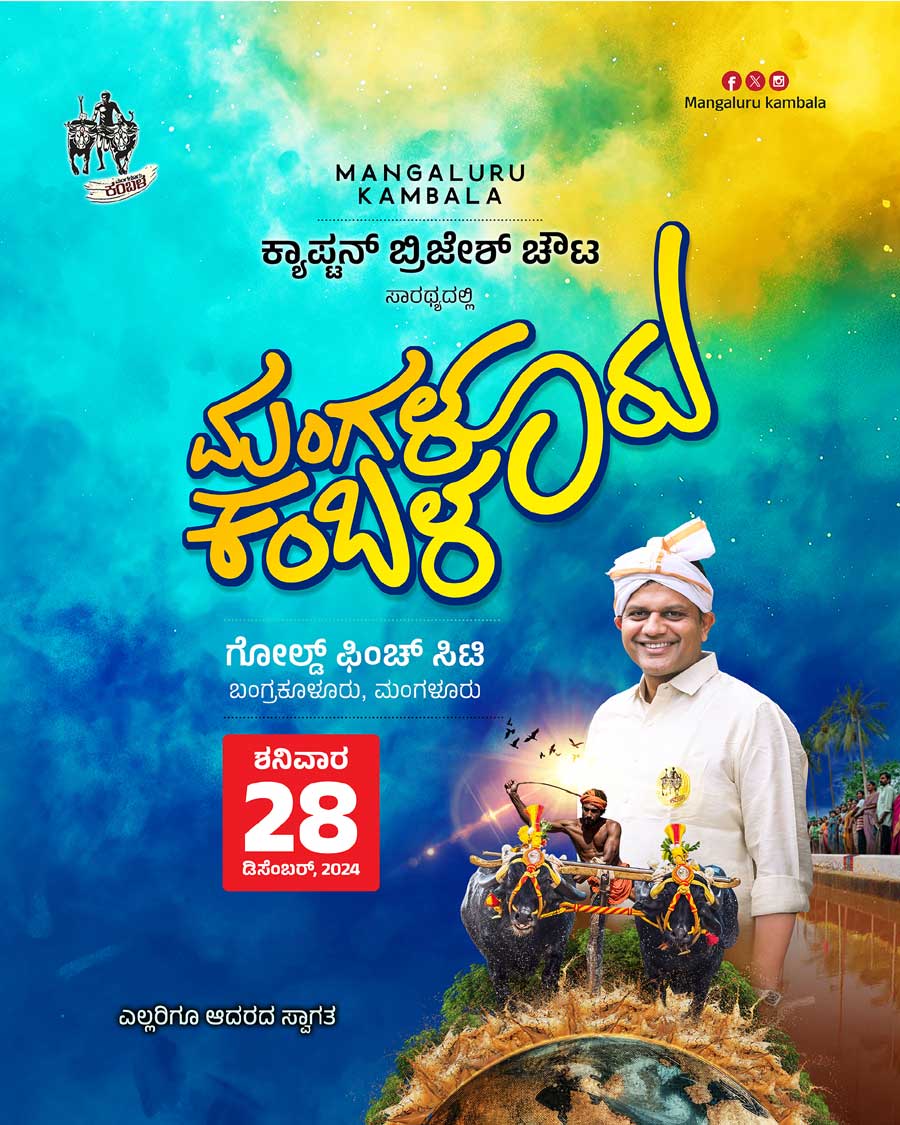Today Raksha Bandhan (Rakhi) Day all over India.
5:14 PM, Tuesday, August 24th, 2010Pic : Apul Ira,
 Mangalore: It is not a religious event like Samudra Pooja, but a social programme like Bhau Beej. It concerns women and unmarried girls who are afraid of sex harassment in public and offences generally related to sex in history.
Mangalore: It is not a religious event like Samudra Pooja, but a social programme like Bhau Beej. It concerns women and unmarried girls who are afraid of sex harassment in public and offences generally related to sex in history.

If only Raksha Bandhan Has been known to Bangla women, in 1971 war against (Western) Pakistan Army, they would have been saved from hatred, rape, sexual offences, pregnancies forced on them and deaths consequent upon such atrocities conducted by Pak soldiers in Dacca College, prior to partition of Pakistan.

Way back in Moghal days in 1532-81 during Badshah Akbar’s times, he had planned an invasions on Rajasthan, where a Queen ruled. Afraid of Moghal army atrocities on her small state or Kingdom, she sent Rakhis through Rajput Generals seeking safety for her people from Moghal invasions, surprised, AKbar withdraw his attacks. Here the Queen of Mewar state treated Akbar as her own brother, and asked him to protect her.

The Rakhi was popular in Rajastan, a land of several kingdoms and Queens, needing safety from invaders, especially Muslim rulers of Delhi. Before Akbar, Allauddin Khilji ruled Delhi and invaded Mewar. If only Queen Padmini had sent Rakhis to Khilji, he would not have surrounded the Fort of Rajput Bhim Singh, and Padmini would not have committed suicide by arranging fires under Sati Sahagamana.
Today sisters tie Rakhis (bands of safety) on the wrists of their brothers, and wives do it to husbands, to protect them from unforeseen dangers. It is a unique tradition related to Hindu people. This year it has come during Ramzan, Varamahaluxmi Vratam, Thiru Onam and Sea worship (by Parsees), Upakarma and Coconut Day, all at the same time. It is a symbol of brotherly love and nationalism. There are songs and dancers on Rakhi.
Simillar Posts
Warning: count(): Parameter must be an array or an object that implements Countable in /home/megamcaq/public_html/wp-content/plugins/post-plugin-library/common_functions.php on line 357
- None Found
Leave a Reply
© Copyright 2008 www.megamedianews.com All Rights Reserved. Privacy Policy








 Posted in
Posted in  Tags:
Tags: 




